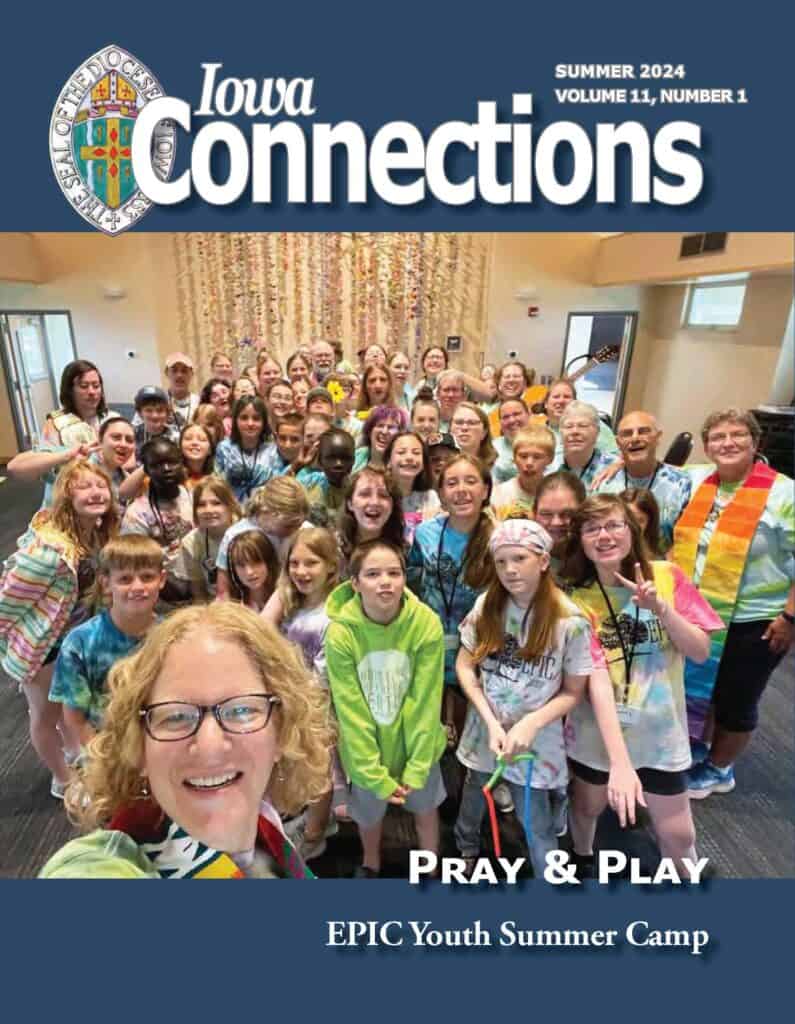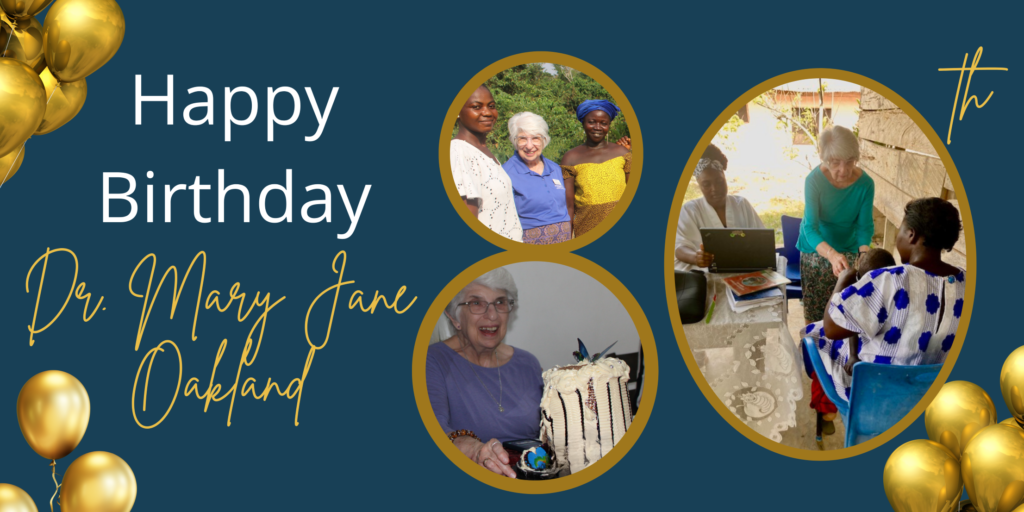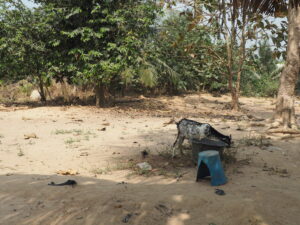
Jorge Campos Reflects on 20 Years of Alleviating Hunger in Nicaragua
By Jorge L. Campos S., Self-Help International Nicaragua Country Director
 In the 20 years that I have been fortunate enough to work for Self-Help International in Nicaragua, the impact of its projects on the lives of rural Nicaraguans has been remarkable. It has been my good fortune to have been able to not only work on the many accomplishments of Self-Help International, but also to help lead it.
In the 20 years that I have been fortunate enough to work for Self-Help International in Nicaragua, the impact of its projects on the lives of rural Nicaraguans has been remarkable. It has been my good fortune to have been able to not only work on the many accomplishments of Self-Help International, but also to help lead it.
My work with Self-Help International began in November 1998, after Hurricane Mitch made landfall in Nicaragua and Honduras from Oct. 29 and Nov. 3, 1998.
A week after the hurricane’s widespread destruction, a Self-Help International Commission formed by Lew Hille, who was then the executive director of Self-Help International; Warren Prawl; and Bert Schou, invited me to go with them to visit the region of Nicaragua affected by the hurricane to assess the damage. Leaders of the communities in the affected regions asked for materials, seeds, and any other assistance to help rebuild their communities and alleviate the poverty that was exacerbated by the hurricane.
This experience led the Self-Help International board of directors to agree to work in Nicaragua and I was hired as the Self-Help International Nicaragua Country Director and legal representative, and I began working on providing Quality Protein Maize (QPM) seeds to the poorest families in Nicaragua on Nov. 8, 1998.
Working to alleviate hunger and malnutrition
Self-Help International’s mission in Nicaragua when we began our work in 1998 was clear: fight hunger and malnutrition.
In order to achieve Self-Help’s mission, we established a relationship with the Center for the Improvement of Maize and Wheat (CIMMYT-Mexico) in 1999.
Since then, I have been working with three farming cooperatives with a total of 121 farmer-members to carry out Self-Help’s mission. More than 25 of those 121 farmers are specialized in producing the Nutrader variety of QPM as certified seed corn, which they then sell to farmers who plant it and grow commercial QPM to feed their families.
To date, the farmers we serve have produced enough QPM to plant more than 34,000 manzanas (26,250 hectares or 64,865 acres). There are 27 agri-businesses marketing the QPM Certified Seed. More than 25,000 families have directly benefited from the QPM seed supported by Self-Help and its mission to alleviate hunger. We have our own QPM brand, “Tu Maiz QPM,” and bagging operations.
Supporting women business owners through the micro-credit program
Between 2004 and 2012, Self-Help International’s micro-credit program in Nicaragua trained more than 250 women in small business administration, basic accounting, leadership, self-esteem, and marketing.
Currently, more than 130 women are participating in the micro-credit program. Most impressive is that the women have been able to support their children through primary school, high school, and universities. Because of the micro-credit program, these women have been able to give their children a promising future.
Other women have improved their quality of life, their homes, or their businesses by investing in better equipment and marketing. They have grown as individuals and many have become leaders in their communities. These women have stayed in the program because of the many benefits they get from the training provided by Self-Help.
Helping communities access safe drinking water through the clean water program
While implementing the clean water program over the past seven years (2012-2018), Self-Help has been able to bring cleaner and safer water to more than 13,994 rural families (126,901 individuals total) in southeast Nicaragua. Self-Help has trained more than 400 leaders in the management of their community water systems by installing 123 CTI-8 Manual Chlorinators in 82 communities. The leaders have received technical assistance, training, on-site follow-up, meetings, forums, and experience exchanges from Self-Help.
Because of Self-Help’s clean water program, children today are healthier and their families spend less on treating diseases caused by raw and contaminated water.
Feeding children throughout Nicaraguan schools
For seven years (2006-2012), Self-Help established alliances with the Nicaraguan government to support a school-feeding program that reached more than 800 children between six months old and 10 years old. The children received food supplemented with cereal, corn beverages, biscuits, and pastries with QPM. After the program was modified by the government, we moved on to other programs.
Training leaders at the Fred W. Strohbehn Training Center
Since 2012, the Fred W. Strohbehn (CECAL) Training Center in Quinta Lidia near San Carlos has played an important role in training leaders of Self-Help International’s programs. Farmers come to the Center to train in new planting techniques, agronomic management, fertilization, harvest, post-harvest, and other improved agricultural practices.
Water system leaders also receive training in the administration of their community water systems at the Center.
Also held at the Center are the micro-credit training sessions of entrepreneurial women, usually the heads of households and small businesses owners.

 Next Post
Next Post


